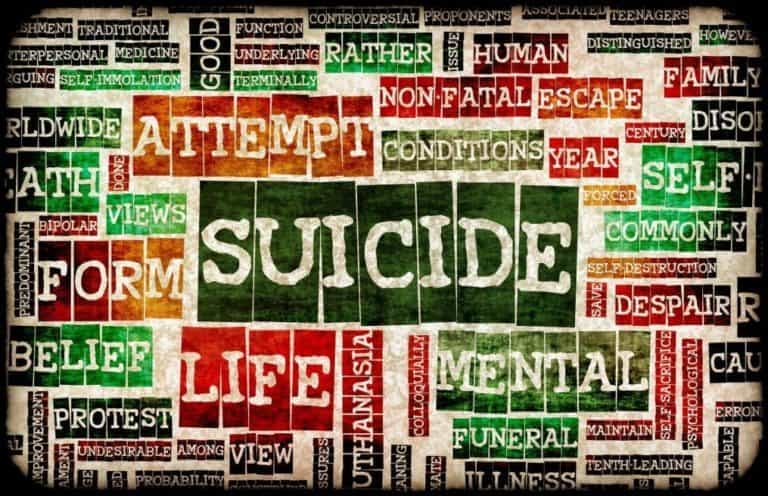Why is the VA Facing a Backlog of Veteran Claims for Benefits and Services?
What’s driving the 72,000 pending hearings at the Board of Veterans’ Appeals?
Imagine waiting for years for a resolution to your veteran benefits claim, only to find out it’s been sent back to the beginning due to administrative lapses. This nightmare scenario is a reality for many veterans, as revealed in a recent congressional hearing. Elizabeth Curda, the director of Education, Workforce, and Income Security at the Government Accountability Office, shed light on the staggering 72,000 pending hearings before the Board of Veterans’ Appeals.
Why is the board dealing with appeals multiple times?
Curda explained that a substantial part of this caseload stems from repeat cases sent back to the appeals board after higher courts deemed the initial findings inadequate or incomplete. The sheer volume of these repeat cases puts immense pressure on the board, requiring a robust quality-assurance process.
How is the Quality of Decisions Impacted by Time Constraints?
The recent GAO audit uncovered that over 80% of veteran cases before the U.S. Court of Appeals for Veterans Claims from fiscal 2019-2022 were “partially or fully remanded” for further development and review. This means cases are being returned to the Board of Veterans’ Appeals for new decisions, putting an additional burden on an already overloaded system. The pressure to increase speed and production may compromise the quality of decisions, leading to potential challenges for veterans.
Why are Cases Returned, and How Does This Add to the Backlog?
Veterans can choose to appeal their denied claims to the Board of Veterans’ Appeals. However, incomplete cases may be refused, requiring more evidence from regional VA offices. Rep. Morgan Luttrell highlighted that about 6,000 cases were sent back in fiscal 2022 due to VA employees failing to collect necessary evidence, exacerbating the plight of veterans.
What Initiatives are in Place to Address the Backlog?
Kenneth Arnold, acting chairman of the Board of Veterans’ Appeals, assured lawmakers that the majority of the board’s decisions are not appealed, emphasizing a commitment to providing veterans with their due benefits. He disclosed the VA’s plan to hold a summit in 2024 with stakeholders to review the veterans’ benefits system and explore avenues for improvement.
How Does Legislation Play a Role in Addressing Veterans’ Concerns?
Enacted in 2017, the Veterans Appeals and Modernization Act provides veterans with more options to have their claims heard. They can opt for a hearing to present new evidence or request a board review without a hearing for a second opinion or to submit additional evidence. This legislation aims to empower veterans in navigating the appeals process more effectively.
How Does Mediation Contribute to Resolving Appeals?
The GAO report highlights that almost all appealed cases before the U.S. Court of Appeals for Veterans Claims undergo mediation. This process can lead to agreements between veterans and the VA Office of General Counsel or the return of cases to the board for re-adjudication. Mediation emerges as a critical tool in streamlining the appeals process and finding common ground.
In conclusion, the VA backlog is a multifaceted challenge that requires a comprehensive approach. Understanding the intricacies of the appeals process, the impact of legislation, and collaborative efforts like mediation can pave the way for a more efficient and effective resolution of veteran claims. As we look towards the VA summit in 2024, there’s hope that stakeholders will come together to forge solutions and ensure our veterans receive the timely and deserving benefits they fought for.





There is all types of VA news coming out from the Denver VA scandal, VA causing suicide to over 4000 veterans harmed by there unreliable electronic medical system. One vet cancer is now turning deadly because no one contacted him in time. There articles out of VA pushing vets aside to help illegals what a national disgrace
ABC News did a story about the oldest claim (nearly 10 years) at the Cleveland VA Rating Board back in the late 1990s. That claim was mine. My attorney requested my identity be withheld. It took decades to learn VA Mental Health changed my diagnosis to cover-up failed PTSD DRUG RESEARCH (H.R. 841) when my Congressman Contacted the VA about my claim. I now have correspondence between Rep Jim Bunning and Cleveland VA Rating Board that confirms the cover-up.